Let me start with a pre-emptive denial that my request below to you readers is a slacker move to avoid conjuring up an original and creative perspective on a well-trodden subject: the irrationality of human-environment relations. And as the spiritual realm is neither a cozy nor often frequented one by me, it is admittedly with discomfort that I describe what underlies my request:
Late last night – during what might have been our last cold front of the season - I was walking alone in an old Florida habitat surrounded by pines, cabbage palms, and other local scrub, just a bit south of Lake Okeechobee. As I was increasingly overwhelmed by an existential sadness about the state of the world… relations amongst humans, and of course, between humans and the ecosystems we are now inextricably part of, I found myself in a reverse evolutionary dance. Going from walking to dropping to my knees, to sitting on the ground. Finally, in what I can only explain as instinctually driven, I found myself sprawled out on the ground. Wearing thin clothing and with my face in the detritus, I felt connected and energized in a way that far transcended my analytical relations to the environment. I could smell the earth, feel the warm, moist soil and almost every twig, leaf, and crawling bug seemed to become part of my being, accompanied in synch by the orchestra of nighttime sounds.
Let me start with a pre-emptive denial that my request below to you readers is a slacker move to avoid conjuring up an original and creative perspective on a well-trodden subject: the irrationality of human-environment relations. And as the spiritual realm is neither a cozy nor often frequented one by me, it is admittedly with discomfort that I describe what underlies my request:
Late last night – during what might have been our last cold front of the season - I was walking alone in an old Florida habitat surrounded by pines, cabbage palms, and other local scrub, just a bit south of Lake Okeechobee. As I was increasingly overwhelmed by an existential sadness about the state of the world… relations amongst humans, and of course, between humans and the ecosystems we are now inextricably part of, I found myself in a reverse evolutionary dance. Going from walking to dropping to my knees, to sitting on the ground. Finally, in what I can only explain as instinctually driven, I found myself sprawled out on the ground. Wearing thin clothing and with my face in the detritus, I felt connected and energized in a way that far transcended my analytical relations to the environment. I could smell the earth, feel the warm, moist soil and almost every twig, leaf, and crawling bug seemed to become part of my being, accompanied in synch by the orchestra of nighttime sounds.
Hard at work! Photo by Brian Kakuk
We are not analytical creatures, no matter how many degrees come after our name, and the affective connection that I felt reinforced this severalfold. Those of us who are Waterlusters, of course, experience this connection to the sea in myriad ways. The water is comforting and soothing if for no other reason than its diminution of gravitational weight. In contrast, as I was on the ground, I realized that my bias toward the comfort of the ocean was at the neglect of my connection to the land and in turn, the linkages between what’s beneath the surface in our aquifers and our coasts via the limestone, and of course, the maze of canals transecting the River of Grass. Lying on the ground was at first uncomfortable and unfamiliar, despite many an outdoor sleeping experience. After a few minutes, the uneasiness morphed into soulful soothing.
We are not analytical creatures, no matter how many degrees come after our name, and the affective connection that I felt reinforced this severalfold. Those of us who are Waterlusters, of course, experience this connection to the sea in myriad ways. The water is comforting and soothing if for no other reason than its diminution of gravitational weight. In contrast, as I was on the ground, I realized that my bias toward the comfort of the ocean was at the neglect of my connection to the land and in turn, the linkages between what’s beneath the surface in our aquifers and our coasts via the limestone, and of course, the maze of canals transecting the River of Grass. Lying on the ground was at first uncomfortable and unfamiliar, despite many an outdoor sleeping experience. After a few minutes, the uneasiness morphed into soulful soothing.
Avoiding the IRS in one of Florida’s caves off the Withlacoochee river. Photo by Wes Skiles.
Avoiding the IRS in one of Florida’s caves off the Withlacoochee river. Photo by Wes Skiles.
I’ve used up just over 400 words of the 2000 word assignment given to me by the powers that be at Waterlust. It takes most readers an average of about 7-9 minutes to read 2000 words, so rather than spend the time reading, an alternative request:
Choose one dark night in the near future and use (at least) the time you would have spent reading the unwritten part of this blog in the following manner: Embracing any discomfort should it arise, sprawl yourself out on some unmanicured patch of ground. Without fidgeting, just smell, listen, and feel the part of the world that we walk on every day. Tell a friend. Or if it was a troubling experience, do it again.
I’ve used up just over 400 words of the 2000 word assignment given to me by the powers that be at Waterlust. It takes most readers an average of about 7-9 minutes to read 2000 words, so rather than spend the time reading, an alternative request:
Choose one dark night in the near future and use (at least) the time you would have spent reading the unwritten part of this blog in the following manner: Embracing any discomfort should it arise, sprawl yourself out on some unmanicured patch of ground. Without fidgeting, just smell, listen, and feel the part of the world that we walk on every day. Tell a friend. Or if it was a troubling experience, do it again.
Dr. Kenneth Broad is an environmental anthropologist who studies the relationship between humans and their environment. He currently serves as director of the Leonard and Jayne Abess Center for Ecosystem Science and Policy and as a Professor of the Department of Marine Ecosystems and Society at the University of Miami's Rosenstiel School of Marine and Atmospheric Science. Along with the late Wes Skiles, he was awarded the 2011 National Geographic Explorer of the Year for their work in the underwater caves of The Bahamas, which appeared as a cover story in National Geographic Magazine.


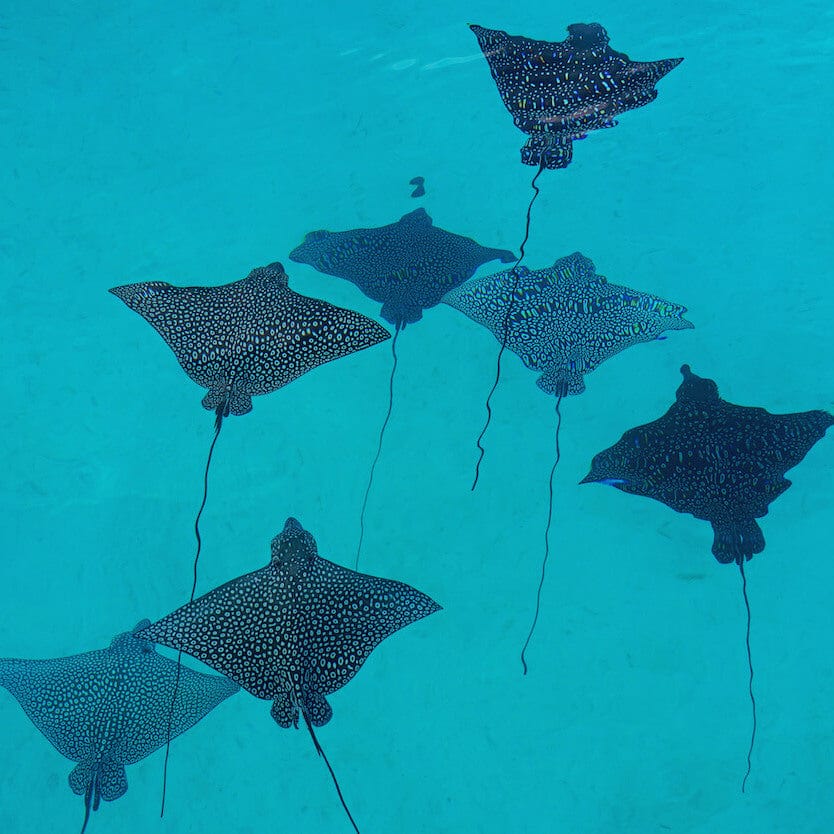
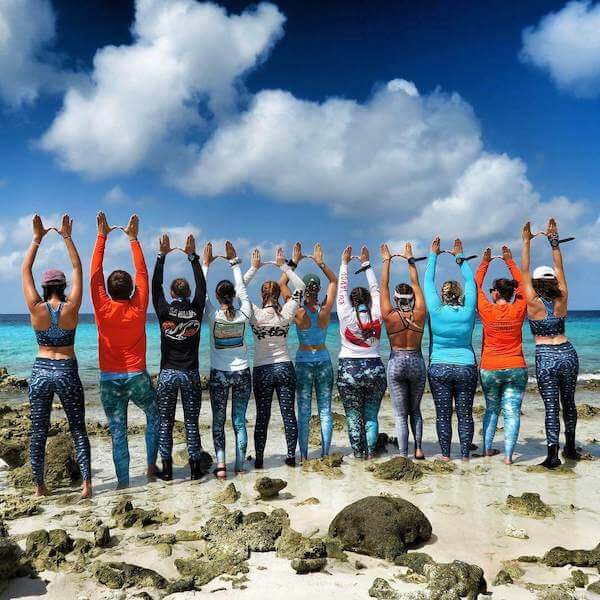

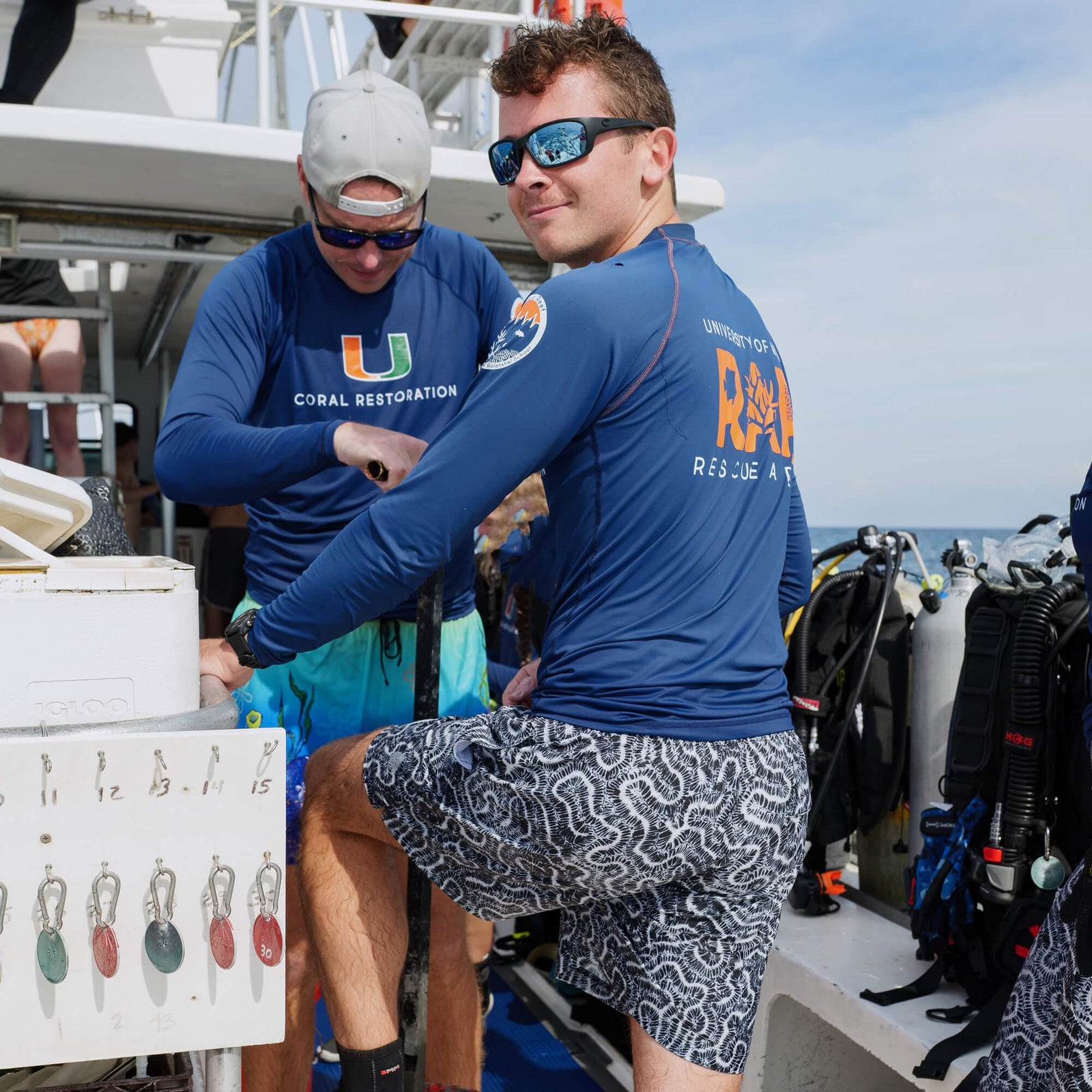
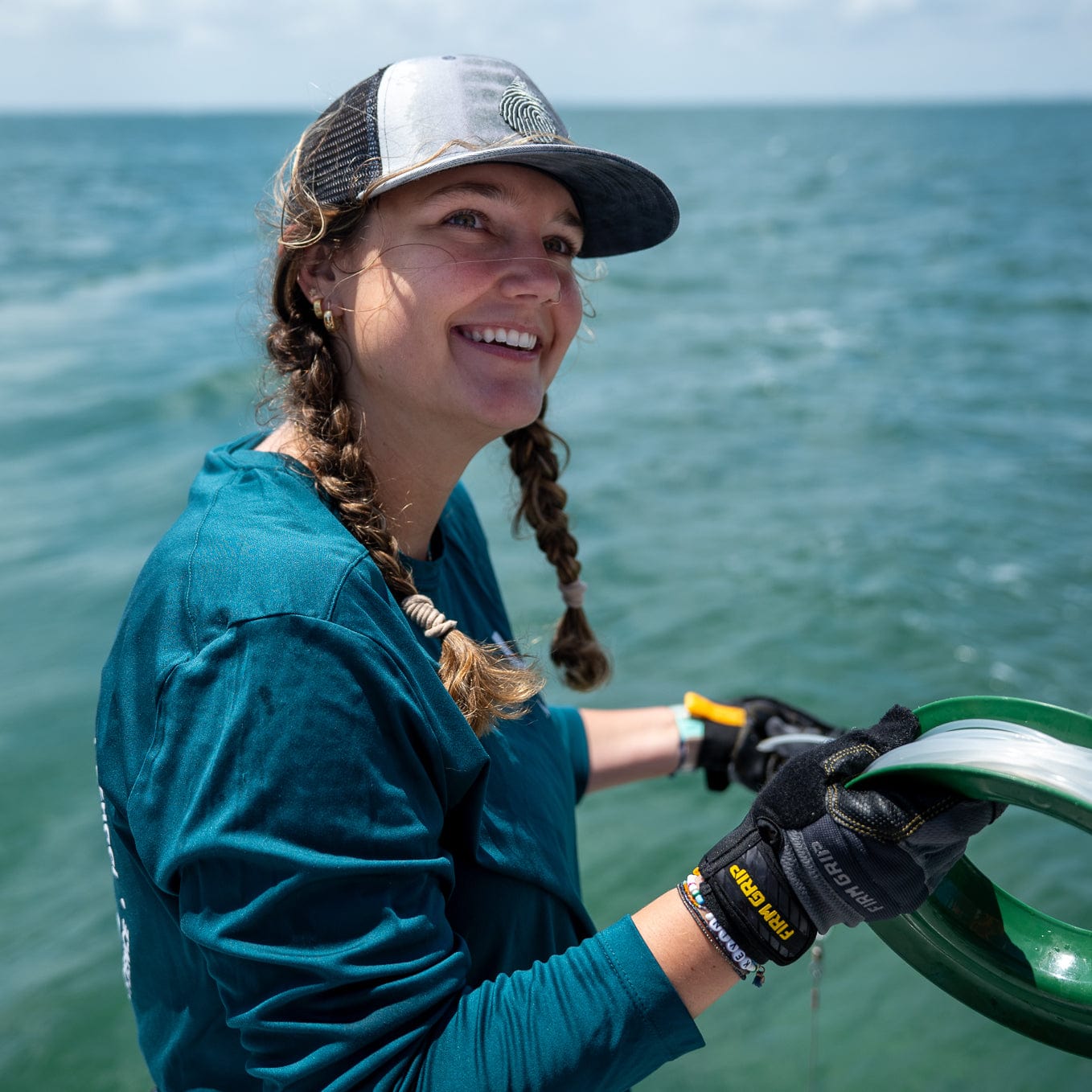
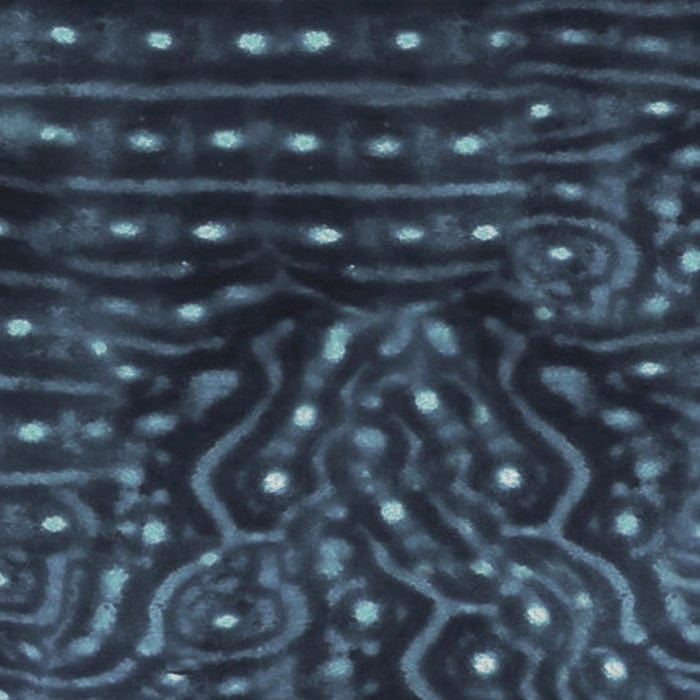
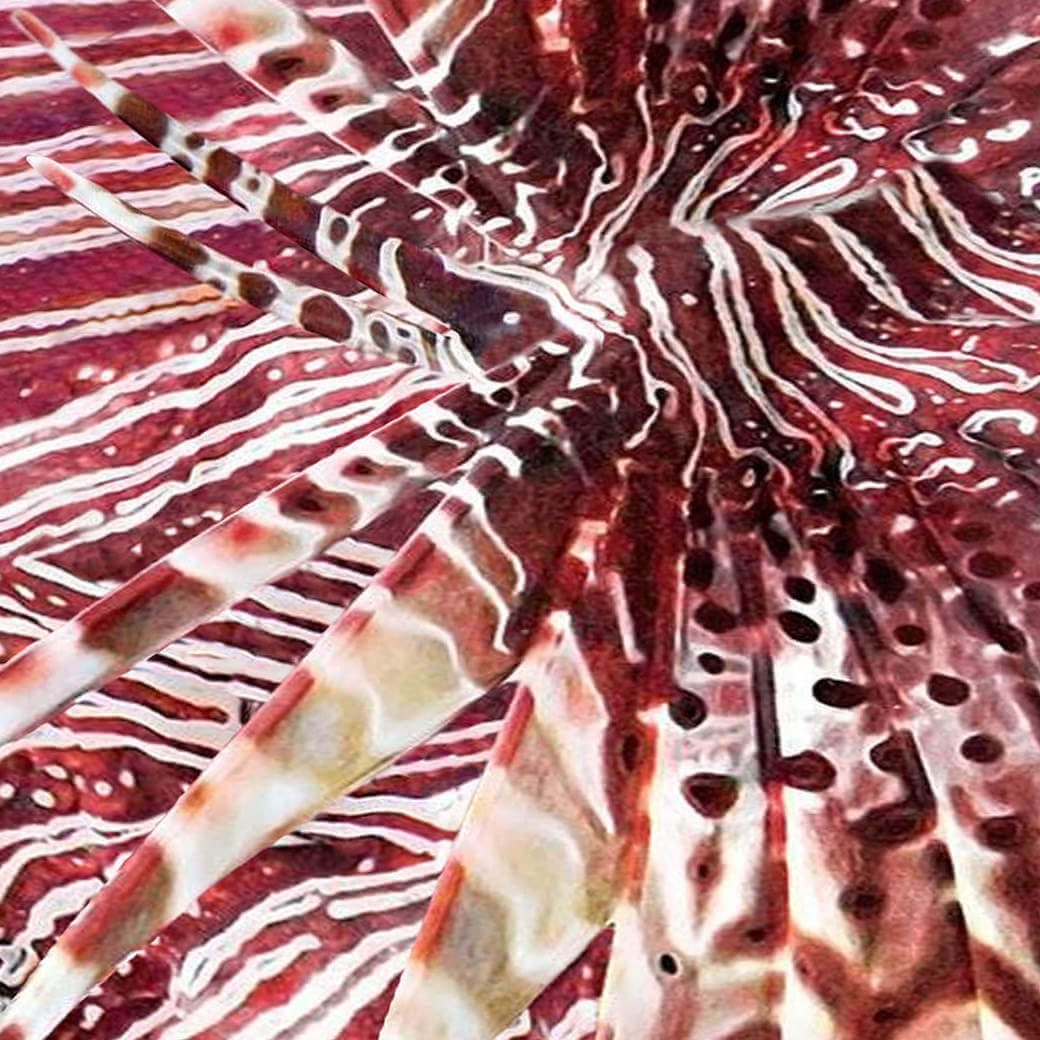
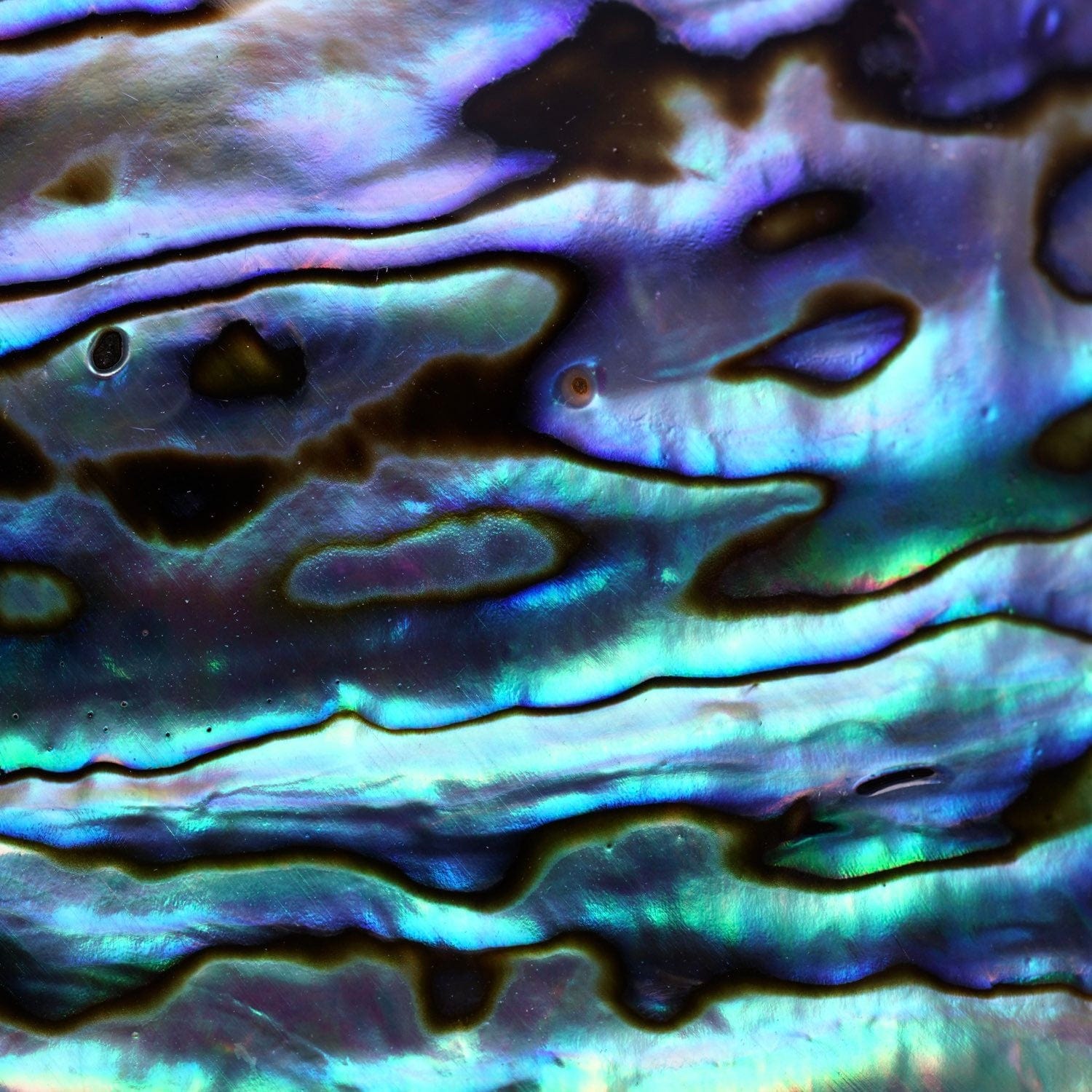
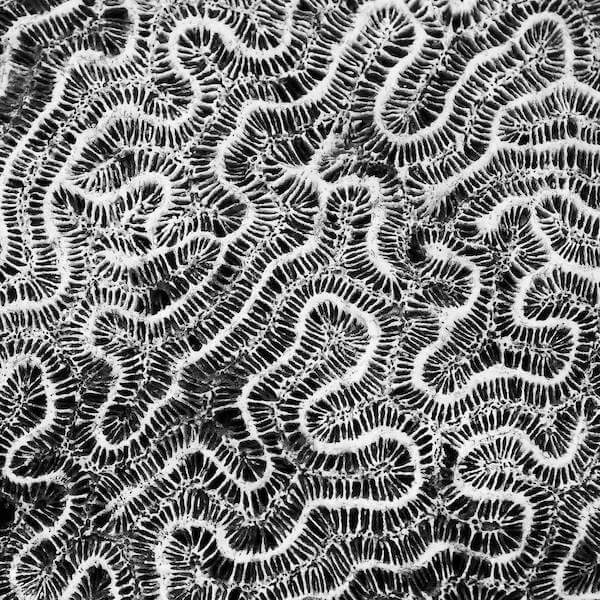
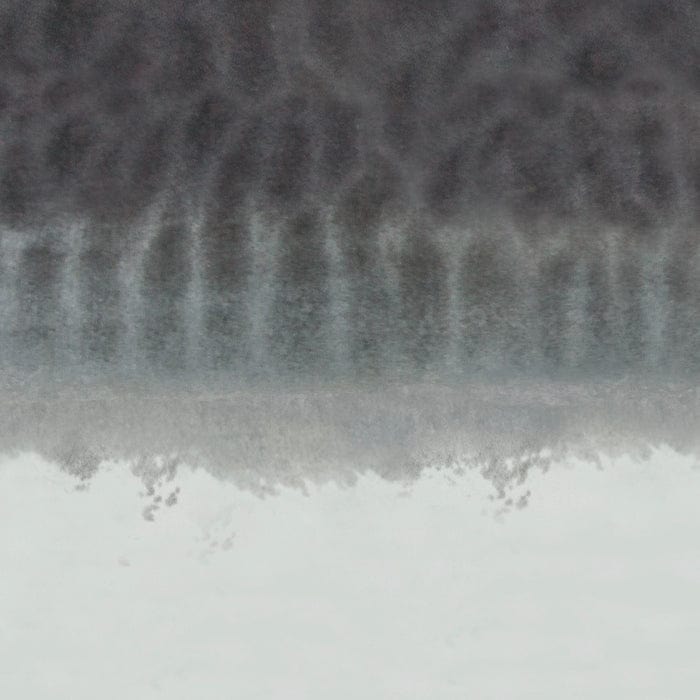
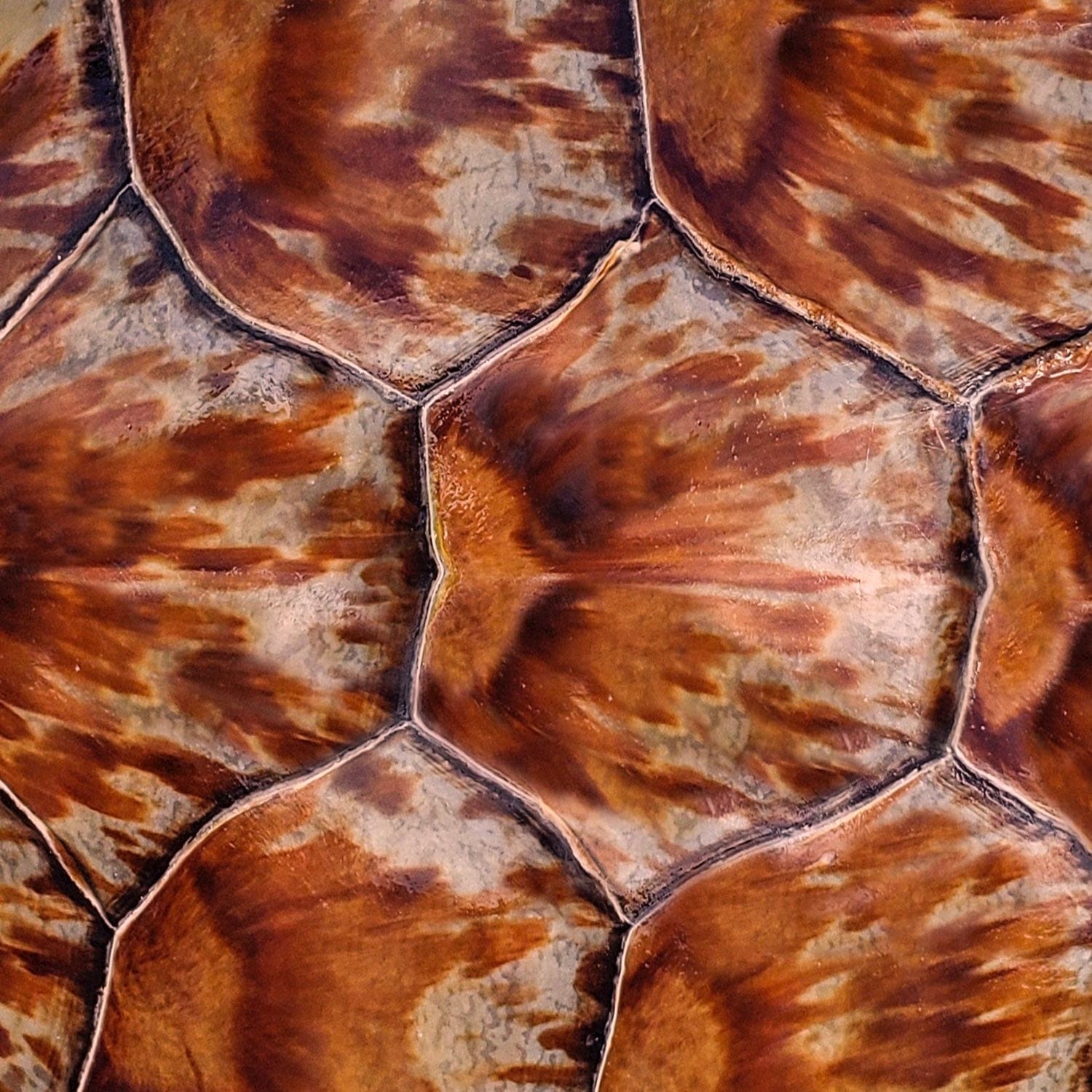
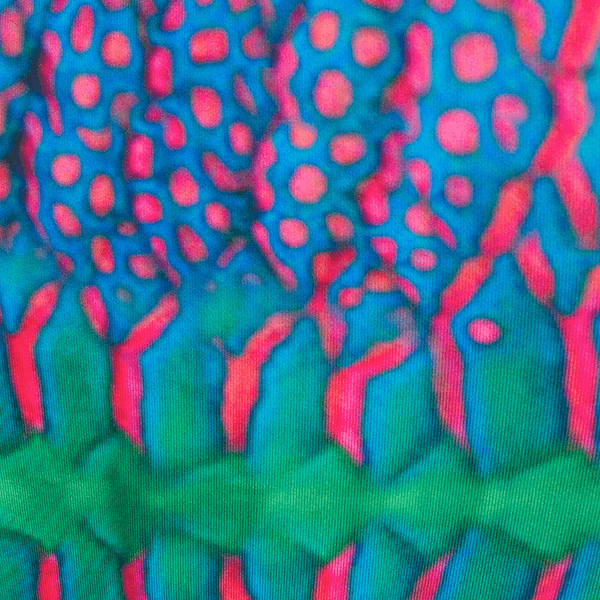
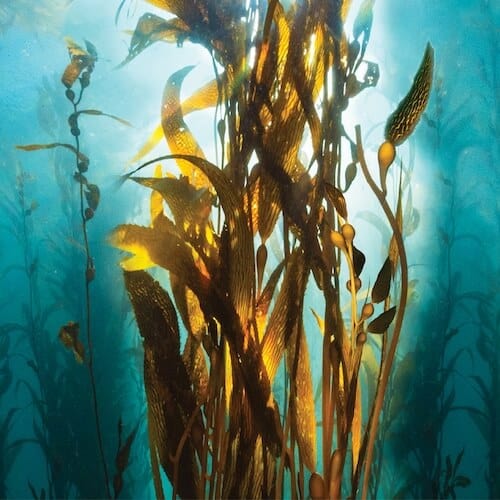
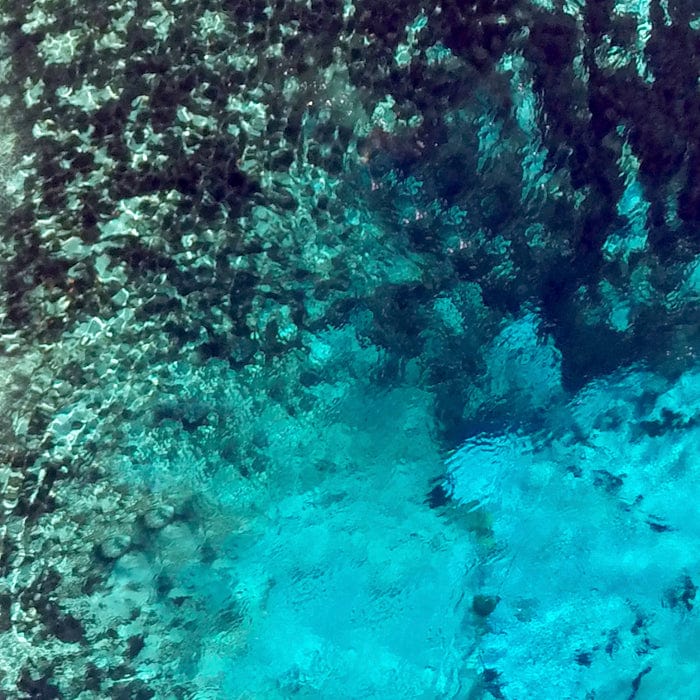
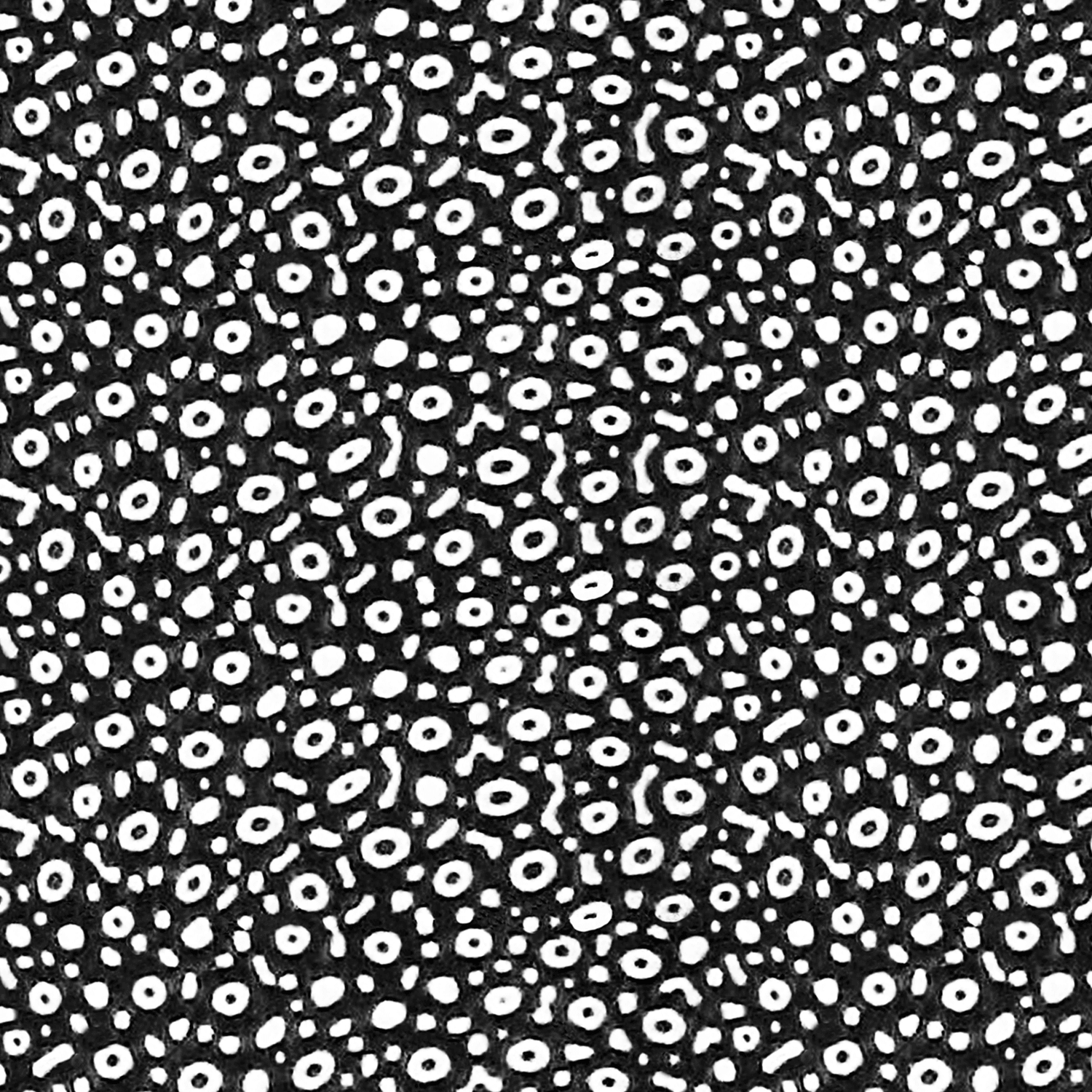
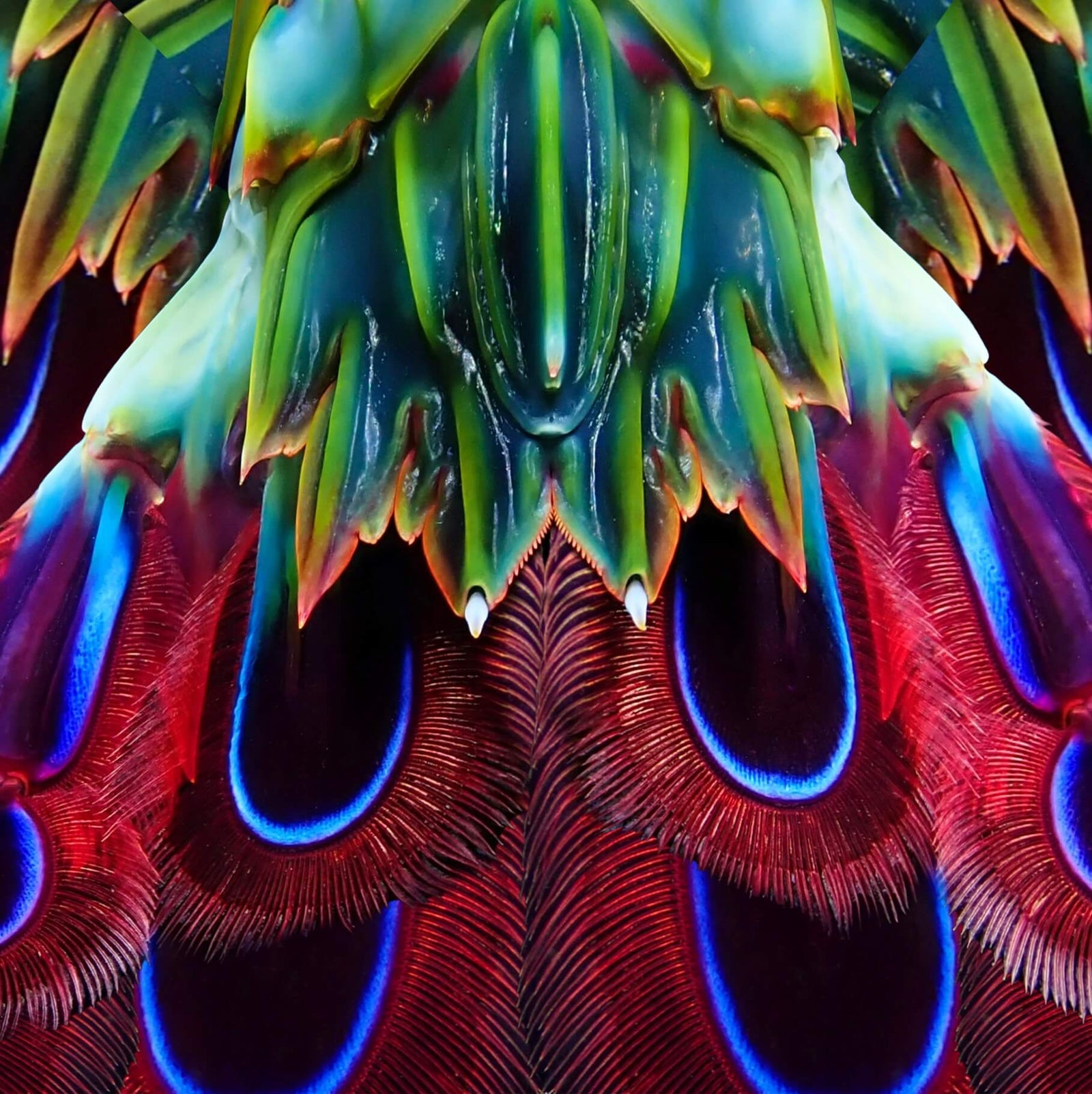


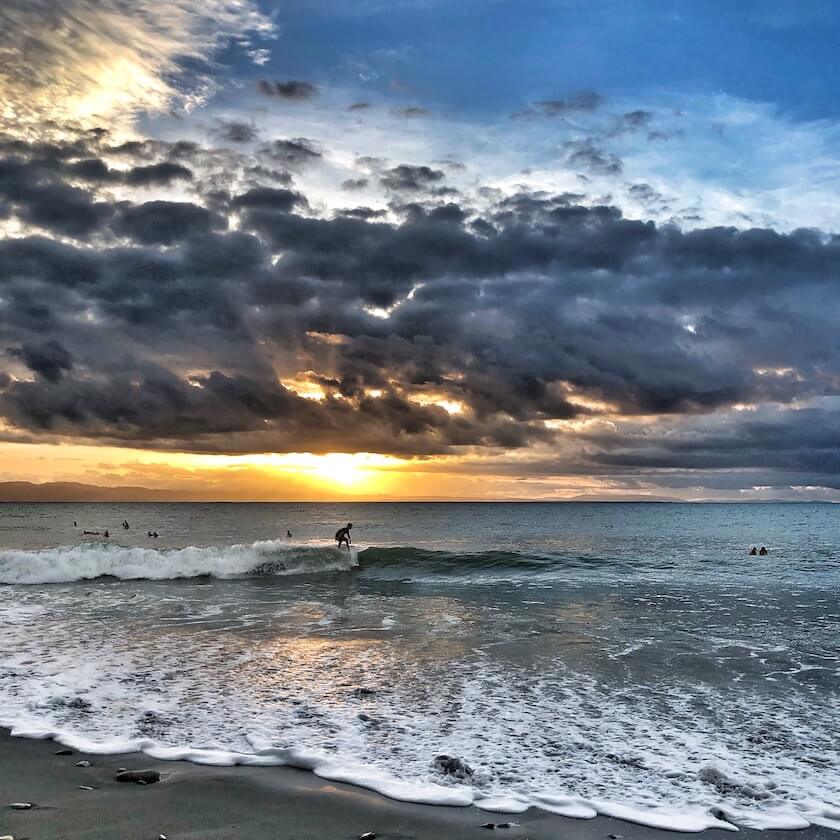
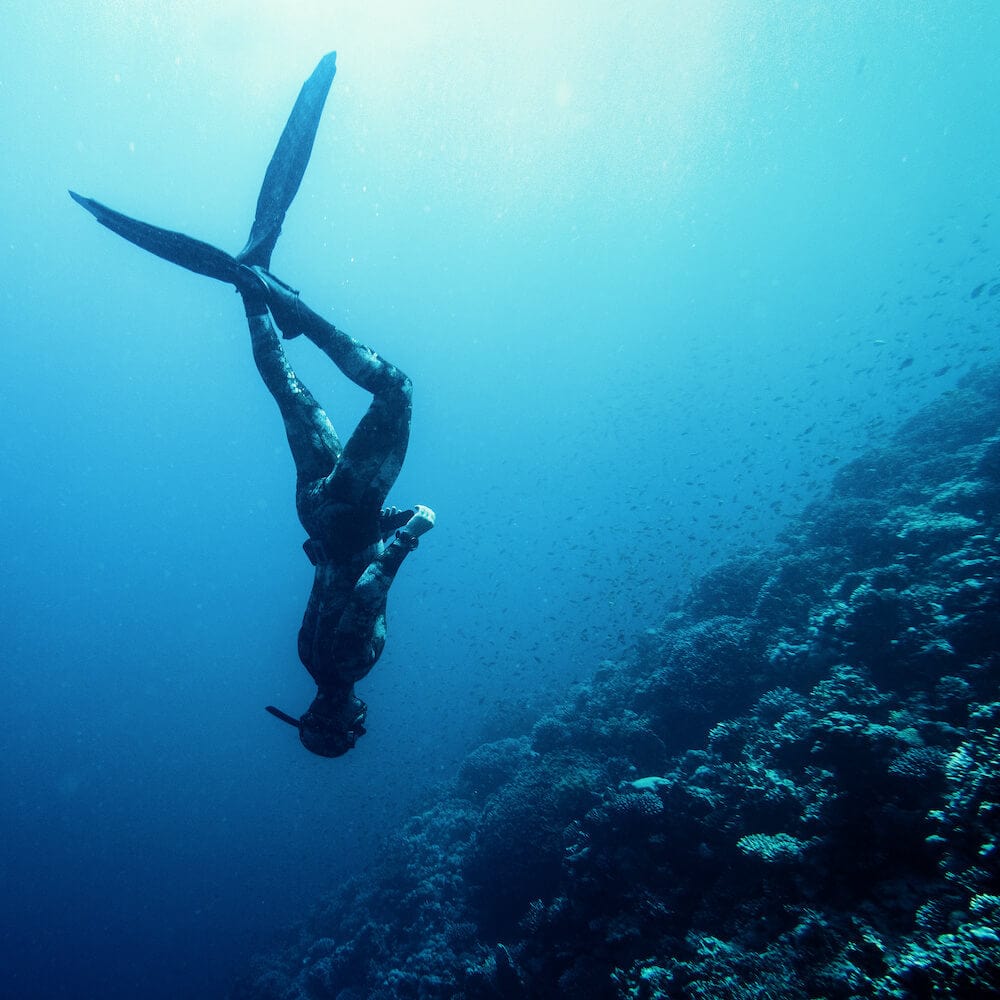
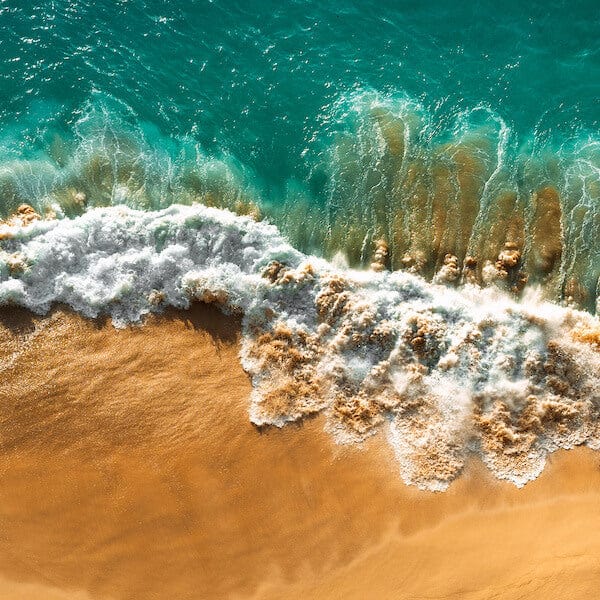
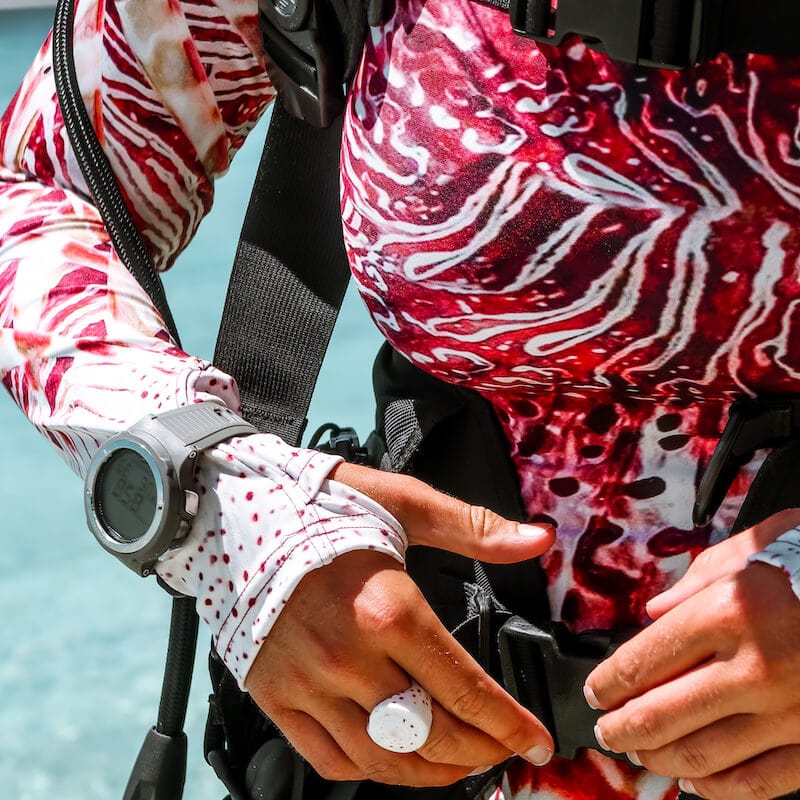
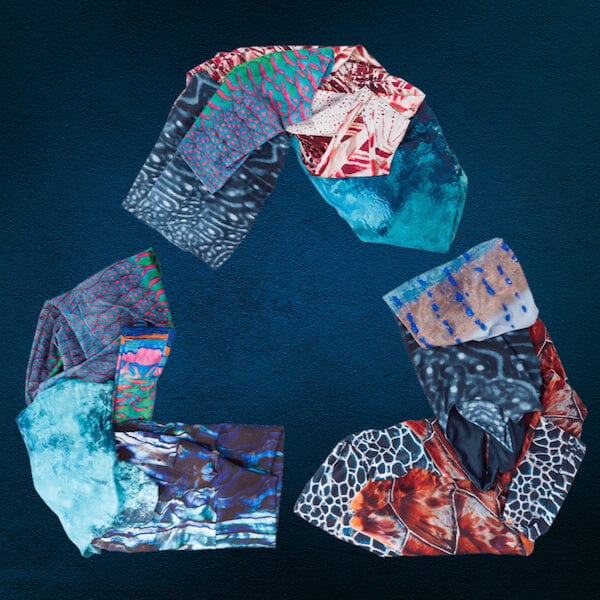
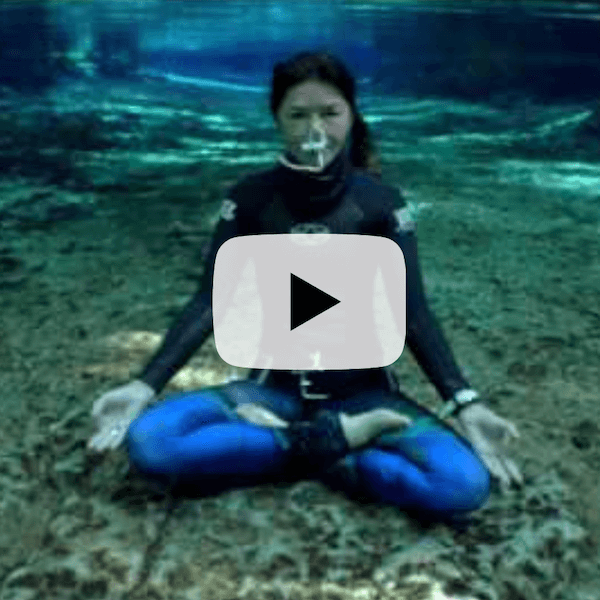
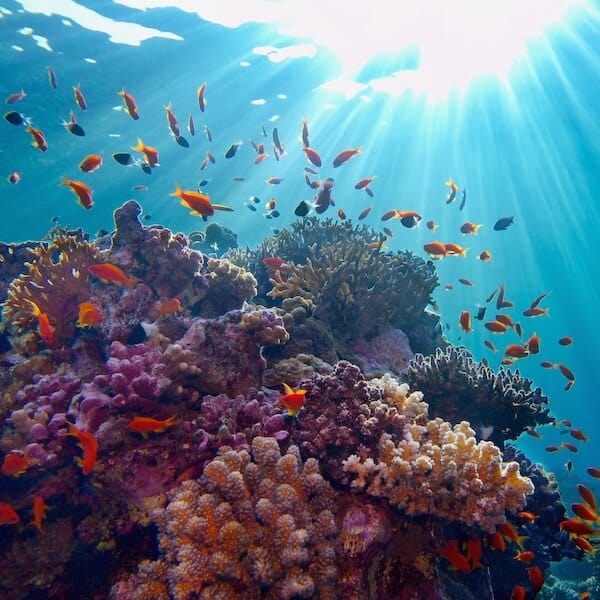
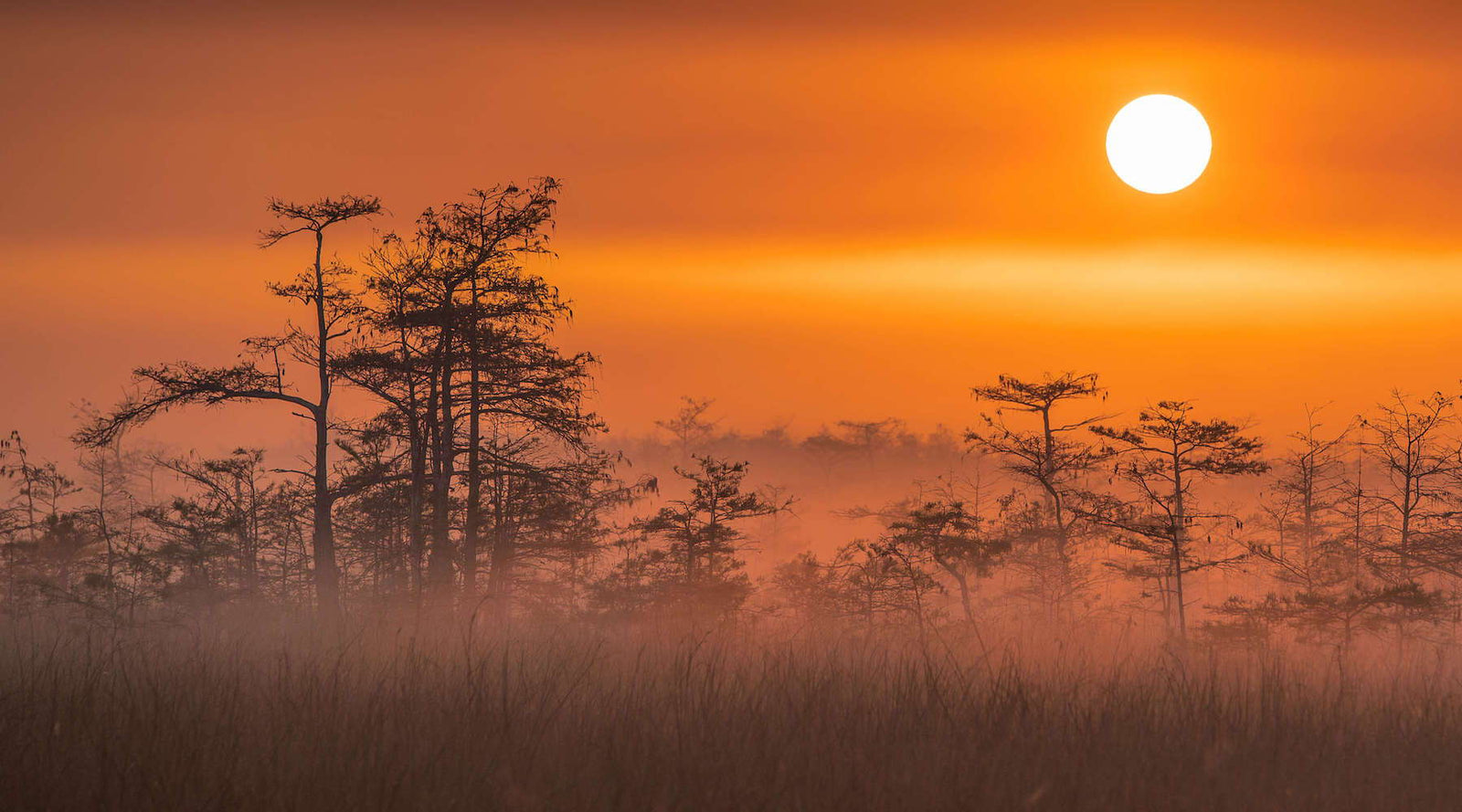
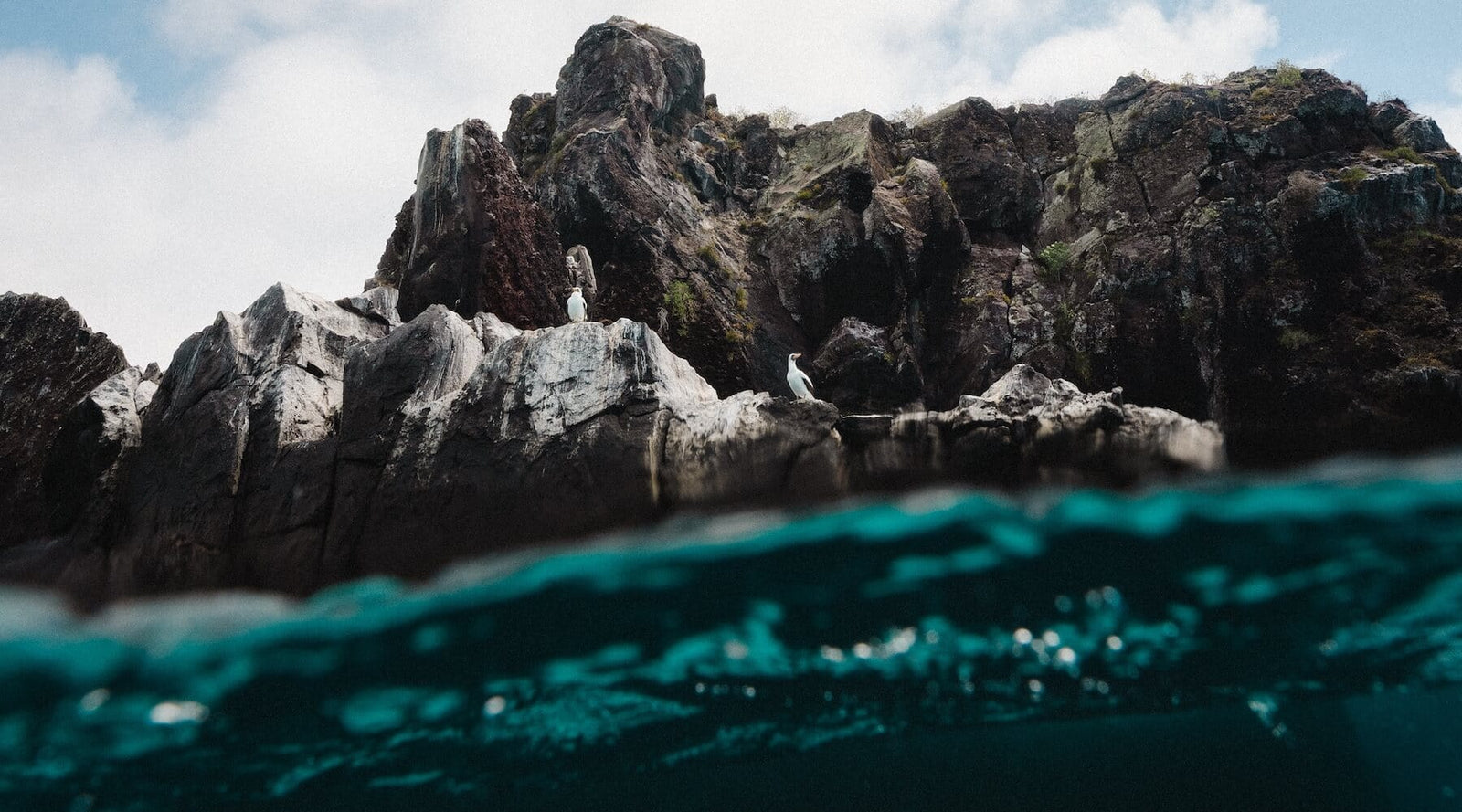
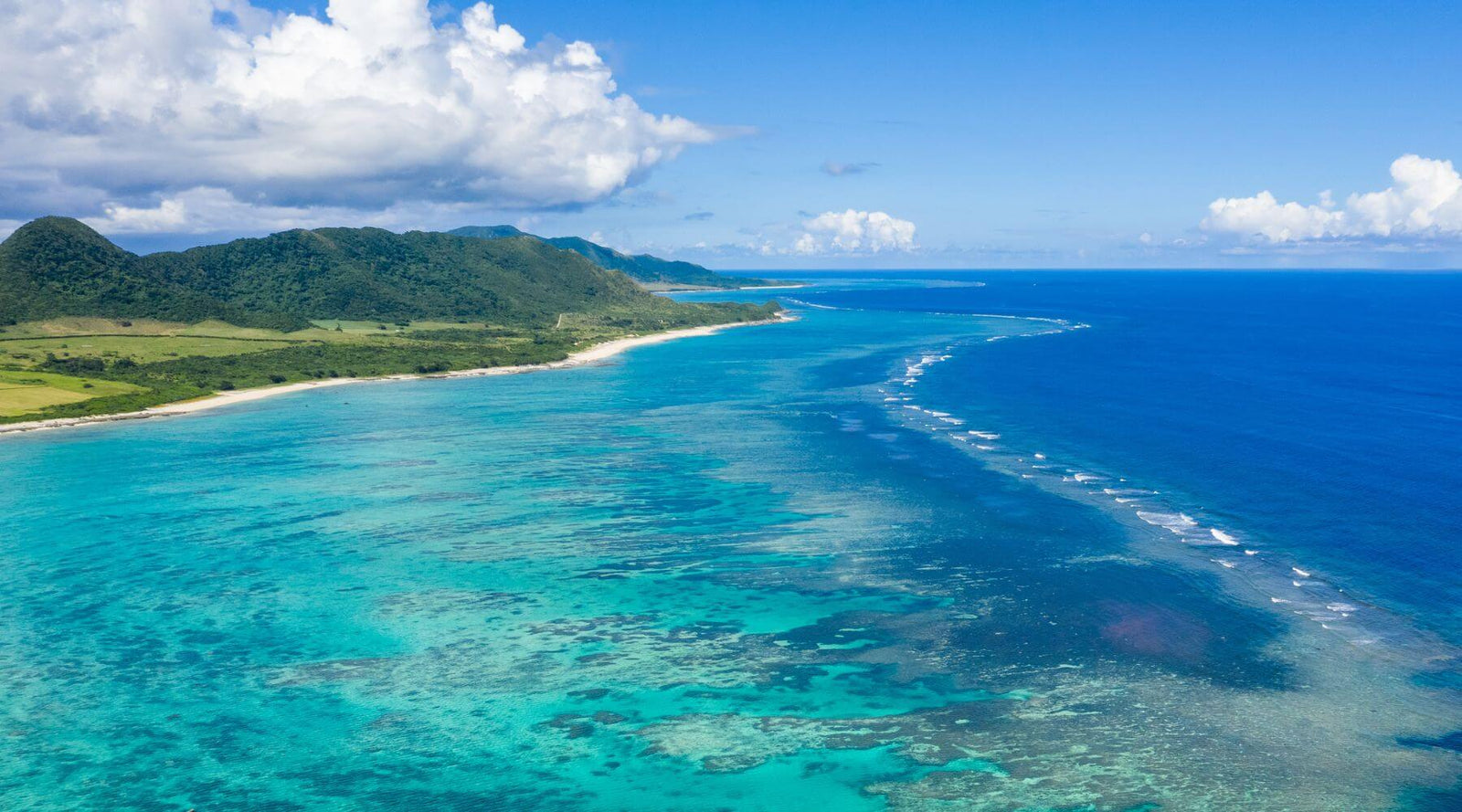
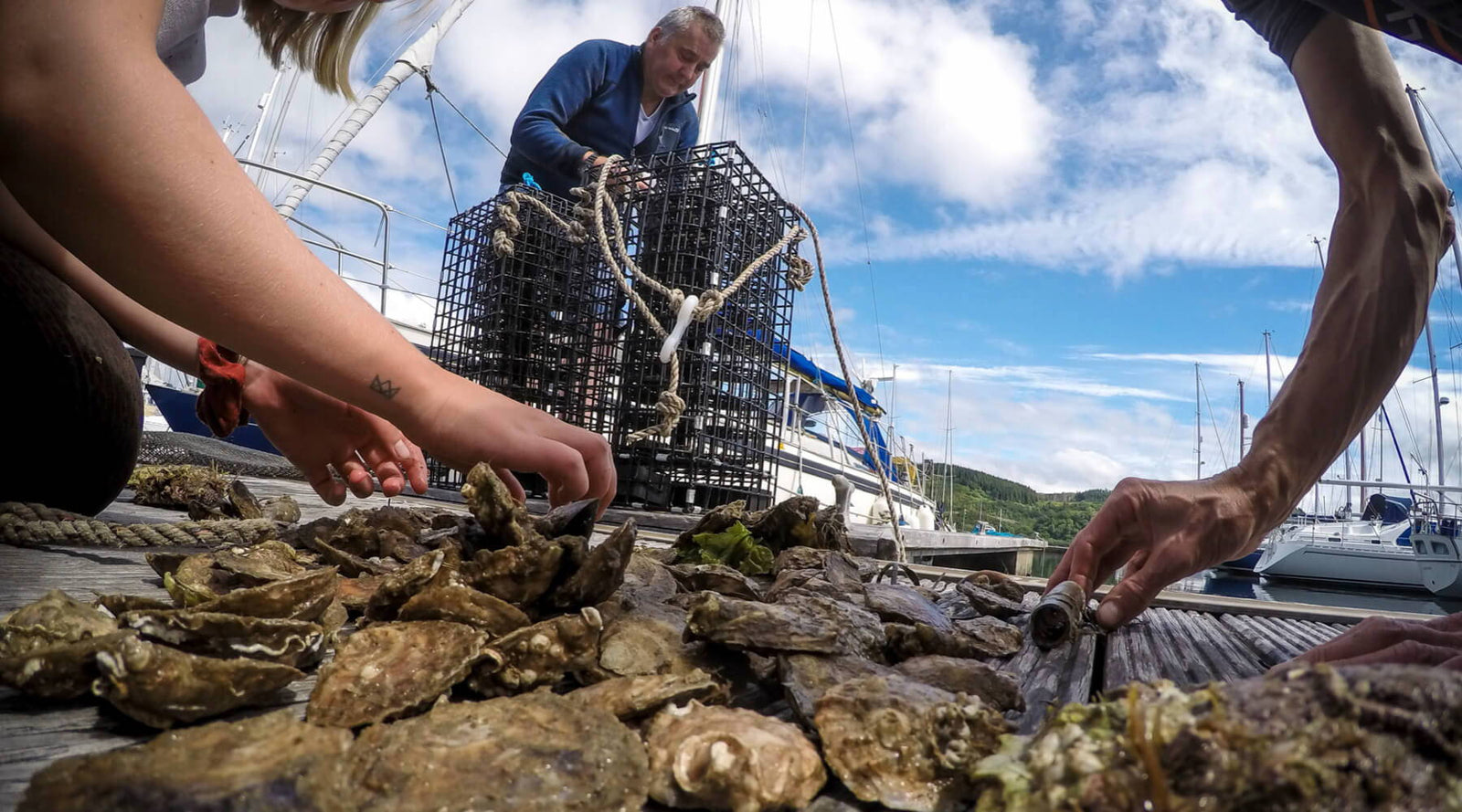
Marva Sletten
May 31, 2021
I can totally relate to the despair you felt that night walking in the scrub south of Lake O. Two years ago while vacationing in Islamorada my husband and I dove at Alligator Reef which we’ve done many, many times in the past, but when I submerged, I actually sort of ‘gasped’ (as much as you can with a regulator in your mouth. The part of the reef we were on looked almost entirely dead. I’m not sure I saw any living coral. It was so disturbing I ended the dive after just a little while. That was near the end of our stay in the Keys for that trip and we didn’t revisit Alligator. I just didn’t want to see it. It was during the same time that my email box was filled with all sorts of other overwhelming bad environmental news… in particular the wildfires in the Amazon. I had a bit of a meltdown for a little while. At the time the political landscape looked hopeless. I’m more hopeful now but it’s clearly an uphill battle. As for your communing with the earth, Bravo ! I can’t think of better medicine !